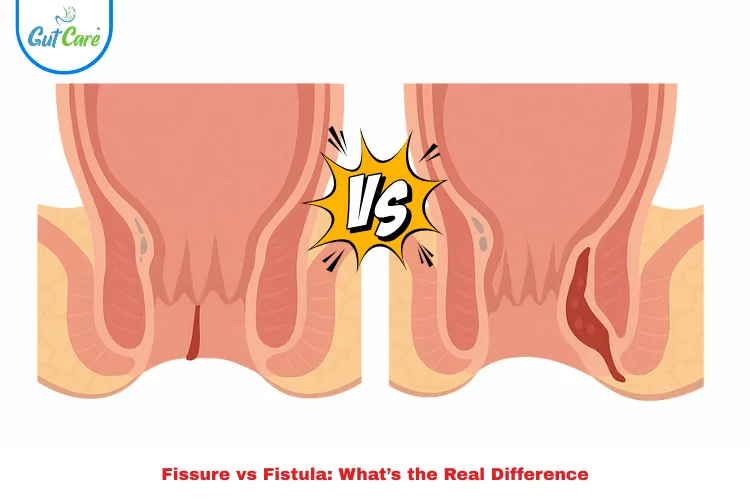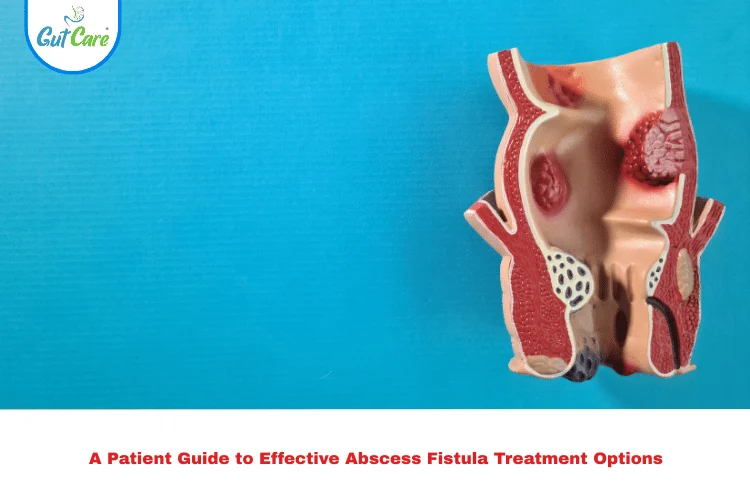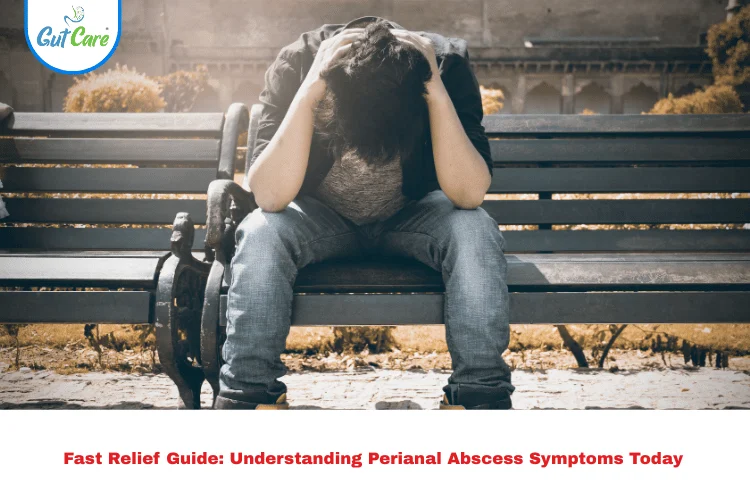When you hear fissure vs fistula, it might sound like two sides of the same coin—but they really couldn’t be more different. One’s usually a minor tear. The other? A persistent, painful tunnel that needs surgical attention. Let’s dive in and clear up the confusion once and for all.
Meaning of “Fissure vs Fistula”: What You Need to Know
Fissure vs fistula often gets used interchangeably, but these terms describe totally different conditions. An anal fissure is a small tear in the delicate lining of the anus, usually caused by passing hard stools. A fistula is a tunnel that forms between the anal canal and the surrounding skin—often the result of an abscess or infection. Understanding this is crucial to getting the right care.
Fissure vs Fistula: Spotting the Symptoms
Here’s how you can tell a fissure apart from a fistula:
Fissure Symptoms
- Sharp stinging pain during and after bowel movements
- Bright red blood on the toilet paper
- Visible crack or tear near the anus (you might see it or feel it)
- Tightening of the sphincter muscle
Fistula Symptoms
- Ongoing pain or tenderness around the anal area
- Swelling or a small bump that may ooze pus or blood
- Foul-smelling discharge from near the anus
- Recurring abscesses or infections
- Occasionally, fever or malaise
In short, fissure vs fistula differences hinge on pain versus infection and bleeding versus drainage.
Why Fissure vs Fistula? Understanding the Causes
What causes a fissure?
- Straining during bowel movements—hello chronic constipation
- Large, hard stools that tear the lining
- Inflammatory bowel disease (like Crohn’s) or childbirth trauma
What causes a fistula?
- Prior abscesses in the anal gland—most common trigger
- Crohn’s disease or other infections in the GI tract
- Trauma or surgery in the pelvic region
- Rare infections like tuberculosis or malignancy
So when you’re thinking fissure vs fistula, remember: fissures are mechanical tears, while fistulas are infections that forge a tunnel.
Diagnosing Fissure vs Fistula
Diagnosis starts with a visit to a colorectal specialist:
How fissures are diagnosed:
- Careful physical exam reveals the tear
- No need for advanced imaging in most acute cases
How fistulas get diagnosed:
- Visual exam may reveal an external opening
- Imaging tests like ultrasound, MRI, or fistulogram confirm the tract
Good medical guidance ensures the right diagnosis—and the best path toward treatment.
Fixing the Damage: Treatment for Fissure vs Fistula
Fissure Treatment
- Boost fiber and hydration to soften stools
- Warm sitz baths to relax muscles
- Over-the-counter topical creams for pain relief
- Stool softeners if needed
- Chronic or severe cases may require lateral internal sphincterotomy (a minor outpatient procedure)
Fistula Treatment
- Almost always requires surgery
- Fistulotomy (cutting open the fistula tract)
- Seton placement for complex cases
- Flap procedures to preserve sphincter function
- Antibiotics for infection control
Remember: fissures often heal with home remedies, but fistulas need medical intervention.
Preventing Fissure vs Fistula: Stop Problems Before They Start
Preventing fissures:
- Maintain a fiber-rich diet (whole grains, fruit, veg)
- Drink plenty of water
- Avoid straining—go when nature calls
- Get moving—yes, exercise helps
- Manage stress and bowel habits
Preventing fistulas:
- Treat abscesses and infections promptly
- Keep underlying diseases (like Crohn’s) under control
- Practice good anorectal hygiene
- Seek help if swelling or drainage starts
Fissure vs Fistula – What Makes Them Different
| Feature | Fissure | Fistula |
| Definition | Small tear in anal lining | Tunnel between anus and skin |
| Symptoms | Sharp pain, bright red bleeding | Drainage, infection, recurring abscess |
| Causes | Hard stools, straining, trauma | Infection, abscess, disease |
| Treatment | Home care, creams, minor surgery | Surgical intervention, sometimes seton |
| Prevention | Fiber, water, no straining | Infection control, hygiene |
Final Word: Fissure vs Fistula—Know What You’re Dealing With
When it comes to fissure vs fistula, clarity is your best friend. Spot the signs, get a proper diagnosis, and follow the right treatment plan. Fissures heal fast with care. Fistulas need attention—but prompt medical treatment can get you back to normal garden-variety bowel habits. If symptoms persist, reach out to a colorectal specialist—your body will appreciate the care.
FAQs About Fissure vs Fistula
1. Can a fissure turn into a fistula?
Not directly—but chronic fissures and infections increase your risk of abscesses that might lead to fistulas. Treatment is key.
2. How long does it take for a fissure to heal?
Most acute fissures heal in 4–6 weeks with proper diet, hydration, and sitz baths. Chronic fissures may need medical attention.
3. Are fistulas dangerous if untreated?
Yes. They can lead to recurring infections, abscesses, and even sepsis if neglected.
4. Can fistulas heal on their own?
Very rarely. Most chronic fistulas require surgical management—don’t wait for it to go away by itself.
5. Is the recovery the same for fissure vs fistula surgery?
No. Fissure remedies usually involve minor procedures or meds. Fistula surgeries can be more extensive, with longer recovery and a focus on preserving sphincter function.




